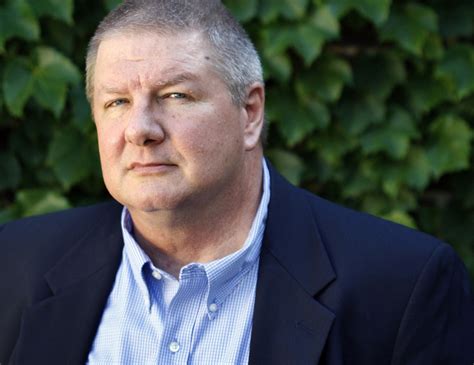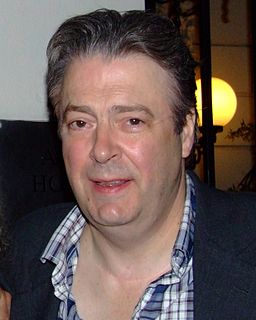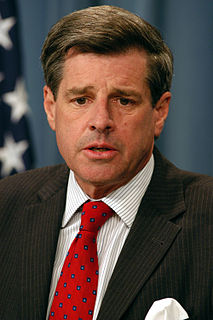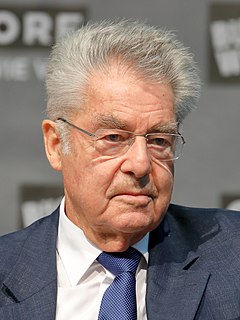A Quote by Jeff Guinn
With hindsight, we recognize that the social and moral confusion of the late 1960s and early 1970s is part of a cultural cycle; we're in a similar time of upheaval now in the sense that the nation is divided upon itself, and some of the present schisms appear both terrifying and permanent. It's true that unless we learn from the past, we're condemned to repeat it.
Related Quotes
In the spiritual world there are no time divisions such as the past, present and future; for they have contracted themselves into a single moment of the present where life quivers in its true sense. The past and the future are both rolled up in this present moment of illumination, and this present moment is not something standing still with all its contents, for it ceaselessly moves on.
I try to live in the present. I learn from my mistakes in an effort not to repeat them, but I remain totally focused on today and tomorrow. Many of my mistakes turned out to be incredible opportunities for growth, both professionally and personally, and therefore, in hindsight, they were deeply valuable.
We learn in the past, but we are not the result of that. We suffered in the past, loved in the past, cried and laughed in the past, but that's of no use to the present. The present has its challenges, its good and bad side. We can neither blame nor be grateful to the past for what is happening now. Each new experience of love has nothing whatsoever to do with past experiences. It's always new.
As Paretsky detailed in her short memoir Writing in an Age of Silence (2007), early optimism buoyed by the civil rights movement of the 1960s and early 1970s has, in her view, all but crumbled in the face of a bombardment of sadism and misogyny, the withholding of civil liberties, and the nation's move from proud speech into near-deafening silence.



































